Google is giving university students across six African countries free access to its advanced Gemini AI platform for 12 months, the latest move in the tech giant’s push to expand AI literacy on the continent.
Starting now through December 9, eligible students aged 18 and above in Ghana, Kenya, Nigeria, Rwanda, South Africa, and Zimbabwe can register for a complimentary Google AI Pro Plan. The package includes access to Gemini 2.5 Pro, Deep Research, NotebookLM, Veo 3, Nano Banana, and 2TB of cloud storage — tools typically reserved for paid subscribers.
What’s included
The free tier isn’t just a stripped-down version. Students get the full suite of Google’s most capable AI tools:
Gemini 2.5 Pro serves as the core AI engine, capable of processing complex queries, generating code, and assisting with academic writing. The newly introduced Guided Learning mode acts as an AI tutor, walking students through problem-solving rather than simply providing answers — a deliberate design choice aimed at building critical thinking skills rather than enabling academic shortcuts.
Deep Research aggregates information from hundreds of sources, essentially functioning as an AI-powered research assistant that can synthesize findings and identify relevant academic materials. For students in regions where library access may be limited, this could prove particularly valuable.
NotebookLM helps organize research notes and ideas, while creative tools like Veo 3 (text-to-video generation) and Nano Banana (image transformation and editing) enable students to produce presentations, visualize concepts, and create digital content without expensive software or specialized skills.
The 2TB of cloud storage addresses a practical constraint many African students face: limited device storage and inconsistent access to high-speed internet for large file transfers.
Why Africa, why now
Google’s timing isn’t accidental. The company has been investing in African digital infrastructure for years, but this initiative comes as generative AI moves from experimental technology to practical tool. By targeting university students — the demographic most likely to integrate AI into their workflows early — Google is essentially training its future user base while simultaneously addressing a real educational gap.
Africa’s tech ecosystem has been growing rapidly, with Nigeria, Kenya, and South Africa emerging as startup hubs. However, access to cutting-edge AI tools remains limited by cost and internet infrastructure. A Google AI Pro Plan typically costs around $20 per month, which can be prohibitive for students in countries where monthly minimum wages may not exceed $100-200.
The geographic focus on Ghana, Kenya, Nigeria, Rwanda, South Africa, and Zimbabwe isn’t random either. These countries represent a mix of established tech hubs (Nigeria, Kenya, South Africa) and emerging markets with strong government support for digital transformation (Rwanda, Ghana, Zimbabwe).
The education play
Beyond the student offer, Google is rolling out Gemini for Education and Gemini in Classroom, AI-powered tools designed for educators. These platforms help teachers automate lesson planning, create personalized learning materials, and reduce administrative workload — all persistent pain points in education systems across Africa, where teacher-to-student ratios are often high.
The move mirrors strategies by other tech giants competing for mindshare in education. Microsoft has been aggressive with GitHub Copilot for students, while OpenAI offers ChatGPT Plus discounts to educators. Google’s advantage is its existing dominance in educational technology through Google Workspace for Education, which already has massive adoption across African universities.
Questions worth asking
While the initiative sounds promising, a few practical questions remain. First, internet connectivity: many of these AI tools require stable broadband to function properly. Students in rural areas or those relying on mobile data may struggle to fully utilize features like video generation or deep research, which can be bandwidth-intensive.
Second, sustainability: what happens after the 12 months? If students and educators become dependent on these tools for coursework and teaching, will they be able to afford continued access once the free period ends? Google hasn’t announced any long-term subsidized pricing for African students, which could create a dependency cliff.
Third, there’s the broader question of data and AI training. While Google hasn’t explicitly stated whether interactions from African students will be used to train future models, it’s worth noting that expanding AI access to diverse linguistic and cultural contexts could improve model performance on African languages and contexts — a benefit to Google’s AI development that extends beyond pure altruism.
The bigger picture
This initiative fits into Google’s broader Digital Africa program, which has committed to training 10 million Africans in digital skills. By focusing on university students, Google is targeting future entrepreneurs, developers, and knowledge workers who could drive innovation in their home countries.
If successful, the program could accelerate AI adoption across African universities, potentially creating a generation of students comfortable with AI-augmented learning and work. That could have ripple effects on startup formation, research output, and technological innovation across the continent.
For now, eligible students have until December 9 to register. The real test will be adoption rates, how students actually use these tools, and whether Google commits to sustained investment beyond the initial 12-month period.
How to apply: Students can register for the free Google AI Pro Plan at gemini.google.com before December 9, 2025. Eligibility requires:
Valid student email address
Age 18 or above
Enrolled at a university in Ghana, Kenya, Nigeria, Rwanda, South Africa, or Zimbabwe






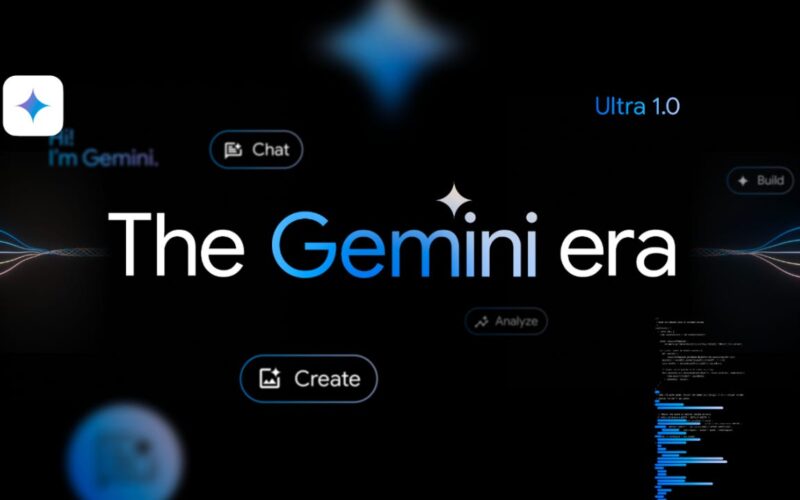

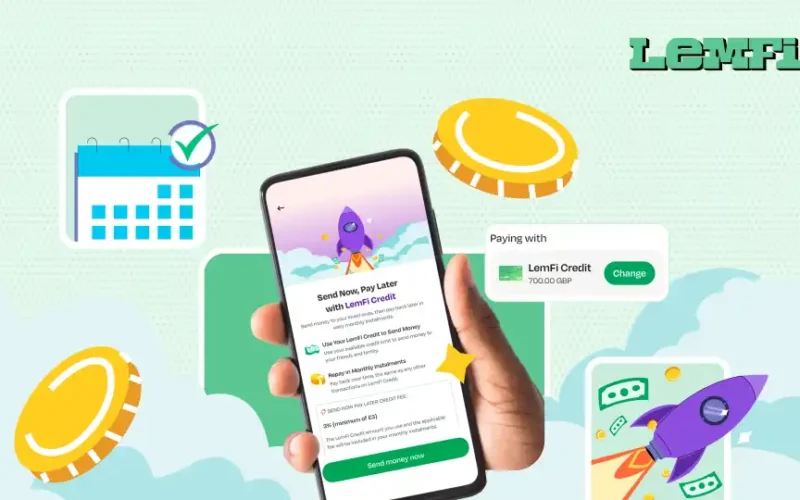
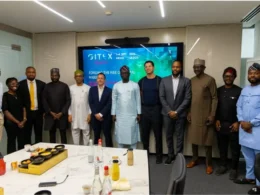
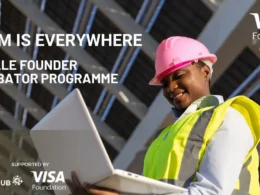

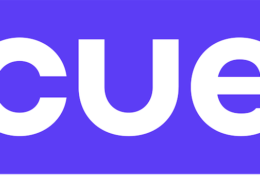
Comments 1